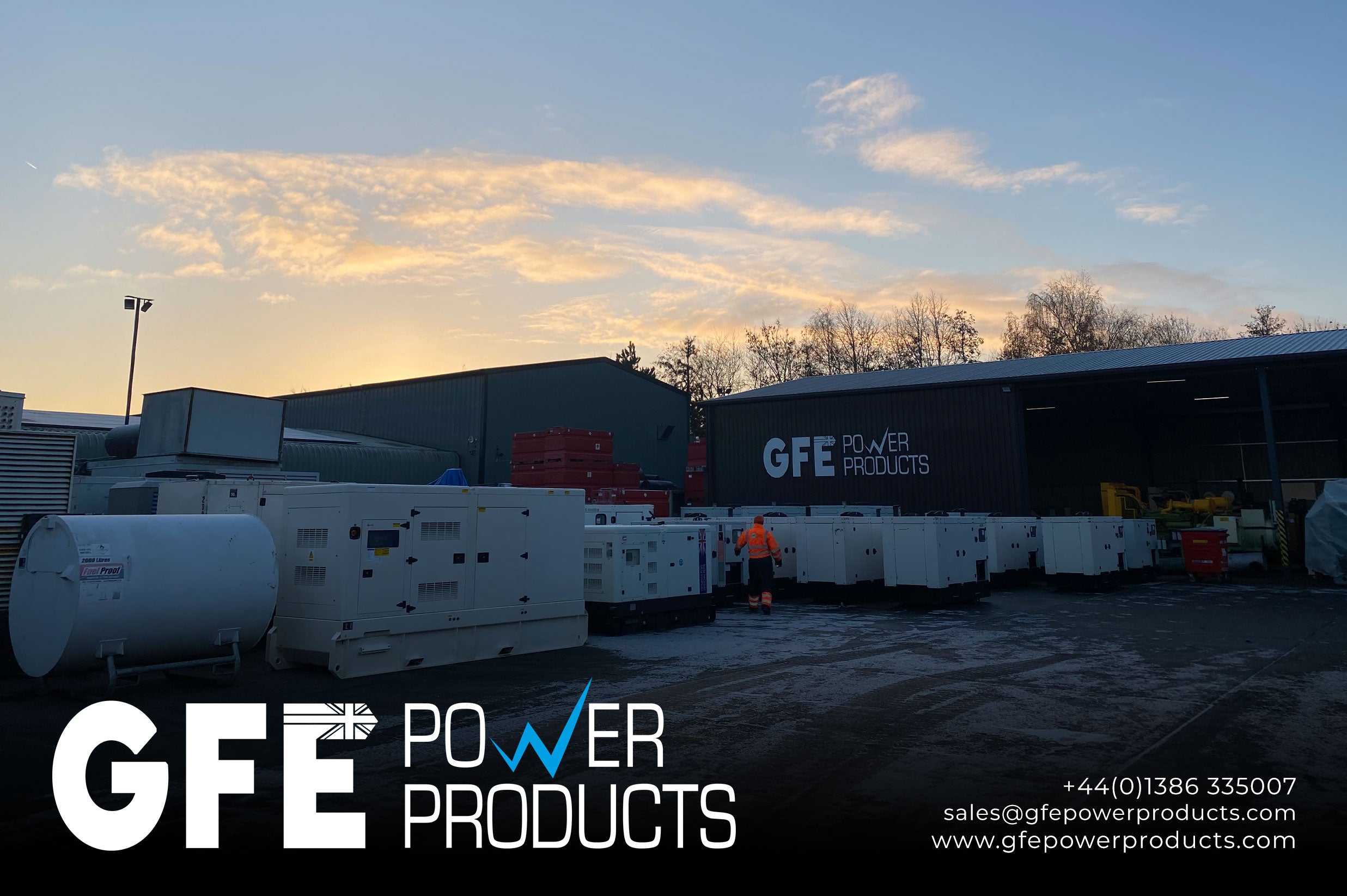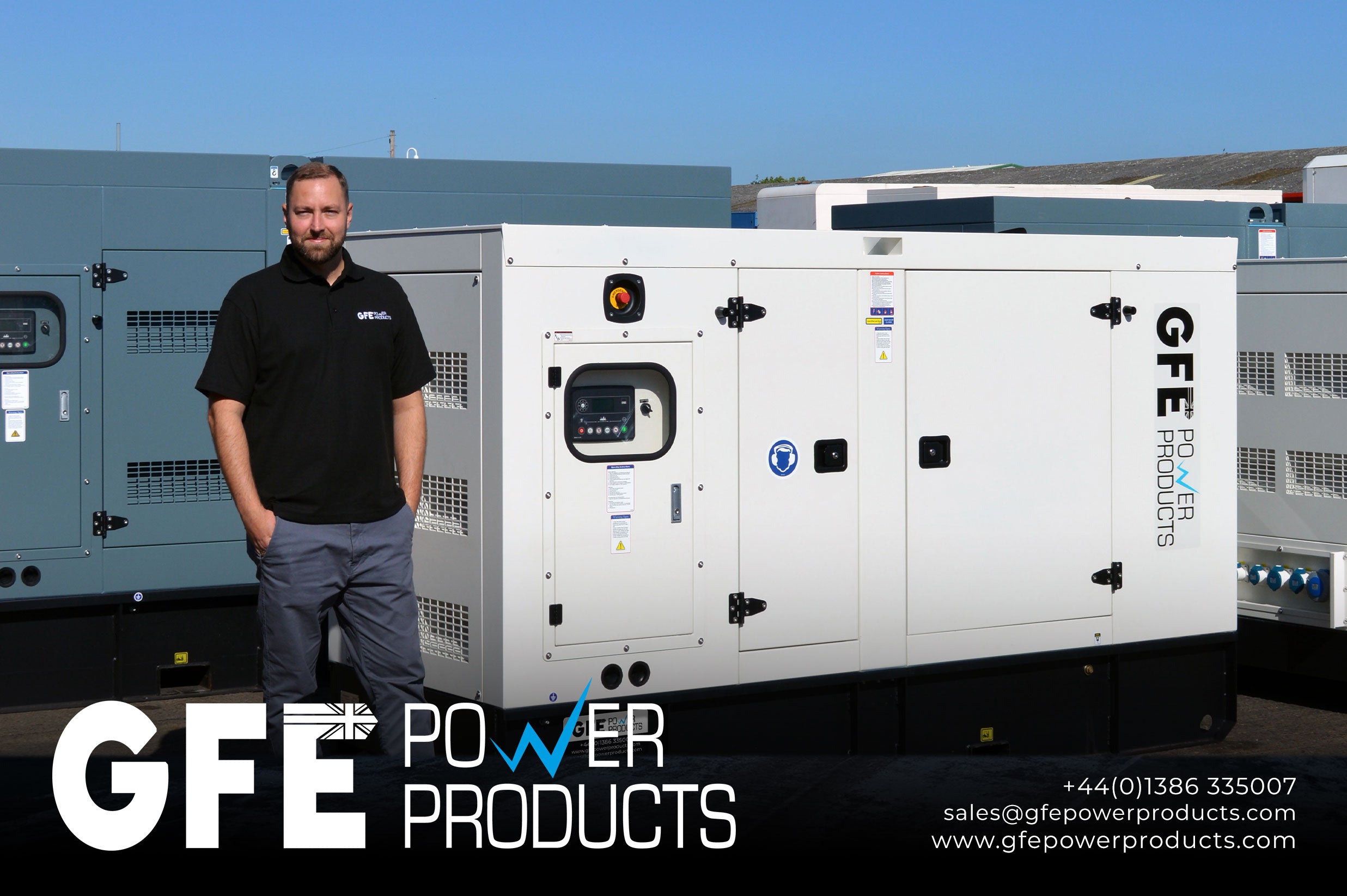
What Is The Difference Between A Blackout And A Brownout?
Both blackouts and brownouts are terms used to describe electrical power disturbances, but they differ in terms of severity and the specific nature of the disturbance.
In short a blackout is a complete loss of power, while a brownout is a controlled reduction in voltage levels to manage demand and prevent overloading of the power grid. Both can have various causes and impacts on electrical systems and devices.
What is a blackout?
A blackout is a complete and sudden loss of electrical power in a certain area, causing a total lack of lighting, appliances, and other electronic devices. During a blackout, the power supply is completely cut off, often due to severe issues in the power grid, such as equipment failure, natural disasters, or other emergencies. Blackouts can last for varying durations, from a few seconds to several hours or even days.
What is a brownout?
A brownout, also known as a voltage dip or sag, is a temporary drop in voltage levels in an electrical power supply. During a brownout, the voltage supplied to homes and businesses is intentionally reduced by the power company to avoid overloading the power grid during periods of high demand. As a result, electrical devices may not function properly or may experience reduced performance. Brownouts can be planned and controlled, unlike blackouts, which are typically unplanned and more severe disruptions.
How can I avoid the effects of blackouts and brownouts?
While you cannot completely prevent blackouts and brownouts from occurring, there are several steps you can take to mitigate their effects and be better prepared for such situations.
Backup Power Sources: Consider installing backup power sources such as generators or solar panels with battery storage. These can provide extended power during outages, especially for essential appliances and devices. GFE Power Products have a range of generators available to power your home or business. Take a look at our range of generators.
Uninterruptible Power Supply (UPS): Invest in a UPS for critical electronic devices like computers, servers, and sensitive equipment. A UPS provides temporary power during outages, allowing you to save your work and shut down devices properly.
Surge Protectors: Use surge protectors to safeguard your electronic devices from voltage spikes that can occur during power fluctuations.
Energy-Efficient Appliances: Opt for energy-efficient appliances, which generally consume less power and are less affected by voltage drops.
Load Shedding: During brownouts or anticipated outages, practice load shedding by temporarily turning off non-essential appliances and lights to reduce the strain on the power supply.
Emergency Lighting: Have battery-powered flashlights, lanterns, and candles readily available for lighting during blackouts.
Communication Plans: Establish communication plans with family members or colleagues during power disruptions. Consider keeping a charged mobile phone and power bank.
Stock Up on Supplies: Maintain a supply of bottled water, non-perishable food items, and other essentials to sustain you during extended outages.
Stay Informed: Stay informed about the status of power disruptions through local news, social media, or emergency alerts.
Home Maintenance: Regularly inspect and maintain your home's electrical wiring and equipment to reduce the risk of electrical issues that could contribute to blackouts or brownouts.
Community Resources: Find out if there are community centres, shelters, or public places equipped with backup power that you can access during prolonged outages.
Proper Wiring and Grounding: Ensure your home's electrical system is properly wired and grounded to minimize the risk of electrical problems that could lead to disruptions.
Backup Data: Regularly back up important data and files to avoid data loss during unexpected power events.
Remember that preparation is key to minimizing the impact of blackouts and brownouts. By taking these steps, you can increase your resilience and ability to cope with power disturbances.
How can a generator help in blackout or brownout situations?
A generator can be incredibly valuable in blackout or brownout situations as it provides an independent and immediate source of electrical power. Here's how a generator can help:
Power Supply: Generators can supply electricity to your home or business during power outages. They can keep essential appliances, devices, and systems running, such as lights, refrigerators, heating and cooling systems, medical equipment, communication devices, and more.
Uninterrupted Operations: For businesses, especially those that rely on continuous operations, generators can ensure that critical processes, data centres, and equipment remain functional even when the main power supply is interrupted.
Comfort and Safety: Generators can help maintain a comfortable living environment during power disruptions by keeping heating or cooling systems operational. They also help ensure safety by powering security systems, emergency lighting, and alarm systems.
Medical Needs: For individuals with medical conditions that require powered medical equipment, such as oxygen concentrators or medical devices, a generator can be a lifesaver during blackouts or brownouts.
Prevent Food Spoilage: A generator can keep refrigerators and freezers operational, preventing the spoilage of perishable food items during extended outages.
Home Electronics: Generators can power important electronics like computers, televisions, and internet routers, allowing you to stay connected and informed during power disruptions.
Business Continuity: Businesses can continue their operations and provide essential services to customers, clients, and employees, minimizing financial losses that might result from extended downtime.
Remote Locations: Generators are crucial in remote areas where the power grid might be unreliable. They can provide a consistent source of power for essential functions.
Charging Batteries: During brownouts, when voltage levels are low, a generator can charge batteries in various devices, ensuring they're ready for use.
Flexibility and Independence: A generator offers flexibility in terms of when and how it's used. You can decide which devices or systems to power based on your priorities.
However, it's important to note that generators require proper installation, maintenance, and fuel supply. Here are a few considerations:
- Generator Size: Choose a generator that can handle the electrical load you intend to connect to it. You may need a professional to help determine the appropriate size based on your needs.
- Fuel Supply: Generators run on different fuels, such as gasoline, diesel, natural gas, or propane. Make sure you have an adequate and safe fuel supply to keep the generator running.
- Installation: Generators should be installed by professionals to ensure safe and proper operation. Improper installation can lead to electrical hazards.
- Maintenance: Regular maintenance is crucial to ensure your generator functions properly when needed. This includes checking fuel levels, oil changes, and overall system checks.
- Ventilation: Generators emit exhaust gases, so proper ventilation is necessary to prevent carbon monoxide build-up. Never operate a generator indoors or in enclosed spaces.
Having a generator can significantly improve your ability to handle power disruptions, providing a sense of security and reducing the impact of blackouts and brownouts on your daily life or business operations.
We have the perfect generator to suit all of your backup power needs. Take a look at our huge range of products here: GFE Power Products Backup Generators.
We can help find the right generator for you, call or email GFE Power Products today.
Phone: +44 (0)1386 335007
Email: sales@gfepowerproducts.com



